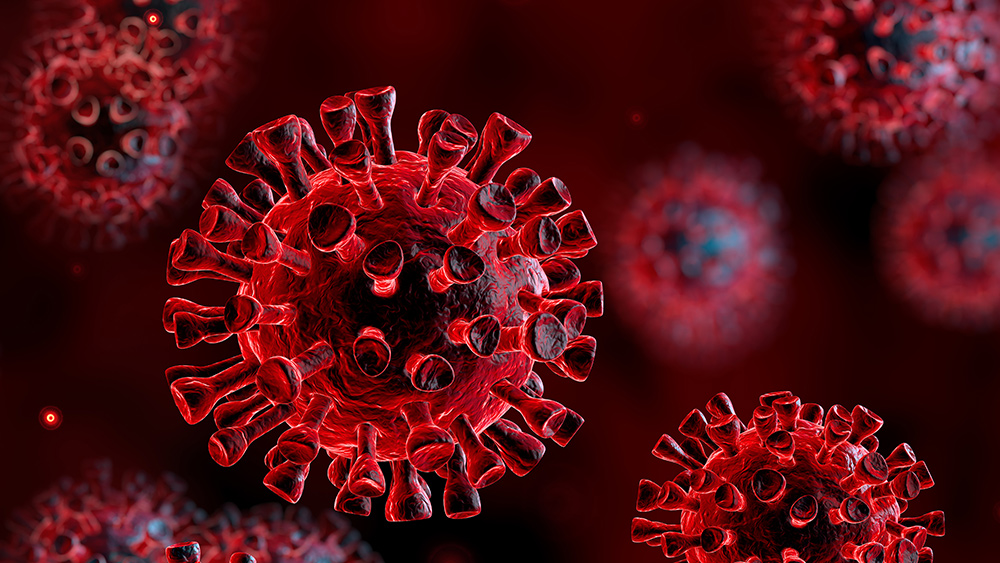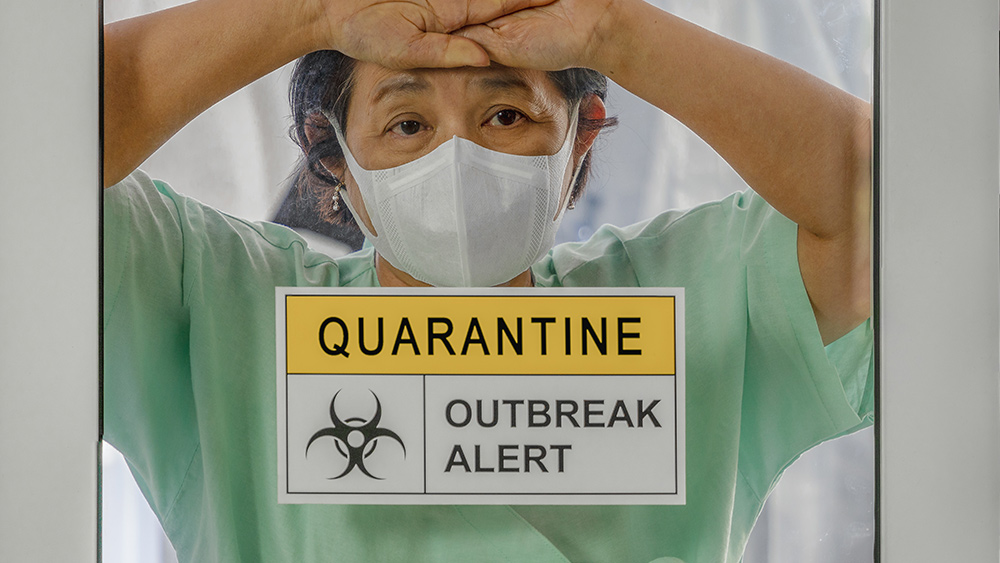Western diets still contain too much processed meat and not enough fish, warn researchers
02/28/2020 / By Franz Walker

The average American still eats too much processed meat and not enough fish, according to researchers from Tufts University in Boston. In their report, which appeared in the Journal of the Academy of Nutrition and Dietetics, the team revealed that not much has changed in the past 18 years: U.S. adults still consume the same amount of processed meat, and they still consumed lower amounts of fish and seafood, despite a general decrease in the consumption of red meat in favor of poultry. In particular, their intake of unprocessed meat – such as fish and shellfish – has not increased, with less than 15 percent meeting the recommended guidelines for consumption.
“Despite strong evidence linking processed meat with cancer risk, consumption of processed meat among US adults didn’t change over the study period (1999-2016),” stated Dr. Fang Zhang, who led the investigation. “The lack of widespread awareness of health risks associated with processed meat may have contributed to the lack of consumption change in the past 18 years. Our findings support further actions to increase the public awareness of the health risks associated with high processed meat consumption in the US.”
For the study, the researchers used data from the National Health and Nutrition Examination Survey (NHANES), which covered the dietary habits of 44,000 adults, aged 20 years old and above. The surveys looked at how much processed and unprocessed red meat, fish, poultry and shellfish people were eating, as well as where they were buying them.
Aside from looking at the specific trends from this time period, Dr. Zhang’s team also compared the data from the most recent 2015–2016 survey to that of the 1999–2000 survey. This allowed the team to make their observations about how people’s eating habits have changed.
Processed meat is a serious health risk
Processed meat, which refers to meat that has been preserved by salting, smoking or curing, has been linked to an increased risk of chronic diseases, including obesity, diabetes and heart disease – which Americans are already at higher risk of. To note, the Centers for Disease Control and Prevention reports that over 100 million Americans have some form of diabetes or pre-diabetes; in addition, 600,000 adults every year die from heart disease. (Related: Heart disease claims more lives than cancer, car accidents and AIDS combined.)
Eating processed meats also increases the risk of cancer. Many agencies, including the American Cancer Society, the World Cancer Research Fund, and the American Institute for Cancer Research, have issued recommendations for limiting the consumption of processed meat. The International Agency for Research on Cancer classifies processed meat as “carcinogenic to humans.”
Fish as a healthier alternative
Despite its low consumption, fish serves as a good alternative to processed meats, given that the benefits of eating more fish exceed any potential risks associated with it. Previous research by a team from Pennsylvania State University has shown that eating fish helps increase both cognition and sleep quality in children.
In addition, certain types of fish contain high levels of omega-3 fatty acids. These have been linked to a number of health benefits, including relieving migraines, reducing inflammation, relieving ADHD symptoms, improving memory and even protecting the brain from junk food. Conversely, omega-3 fatty acids reduce the risk of heart disease: These have been shown to help lower blood pressure, reduce blood clotting, decrease triglycerides, decrease irregular heartbeats and decrease the risk of stroke.
When it comes to eating fish, however, the researchers identified some barriers. For instance, most Americans eat food bought from stores and fastfood restaurants – places that don’t often serve fish, or if they do, sell it at a higher price. With this in mind, Dr. Zhang suggests looking at these establishments when making policies aimed at reducing the consumption of processed meat among adults.
Of course, outside of any governmental intervention, the best way to cut down on the consumption of processed meats is to start at home. Simply choosing to forego buying processed meat products, such as hotdogs and bacon, in favor of healthier foods like fish and vegetables, can go a long way towards a healthier diet.
Sources include:
Tagged Under: diabetes, disease causes, fast food, fish, heart disease, obesity, red meat, western diet



















